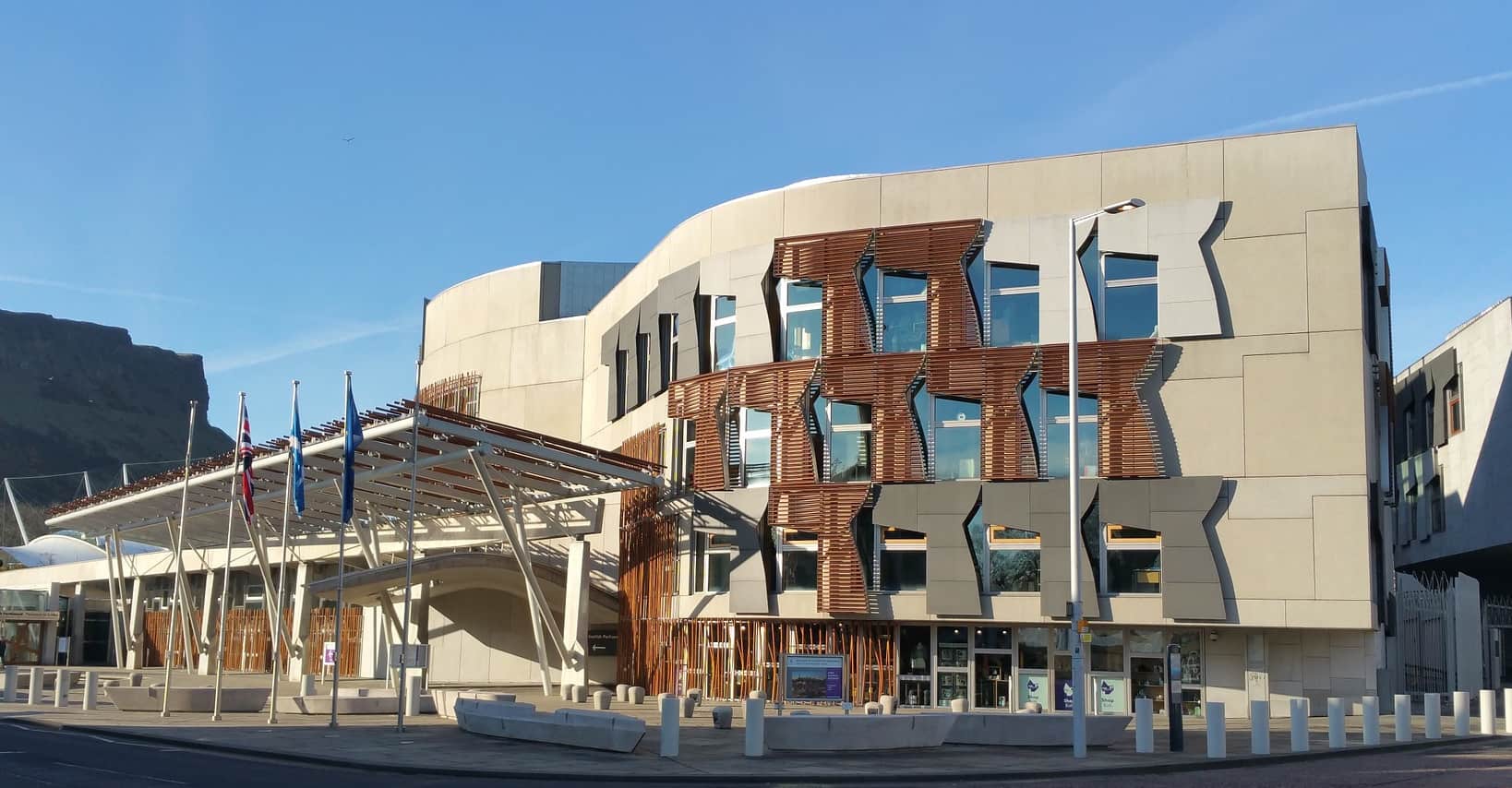On 6 September 2022, the Scottish Government announced a combined rent freeze and moratorium on evictions to help people through the current cost of living crisis. This is to be the centrepiece of the 2022-23 Programme for Government, which outlines emergency legislation to be introduced to put in place a rent freeze until at least 31 March 2023 as well as a moratorium on evictions. Along with this, there is to be a new tenants’ rights campaign and a ‘one-stop-shop’ website to provide information on the range of benefits and support available.
At the time of writing this blog, the proposed emergency legislation is not available and, as soon as the legislation does become available, an updated blog will be published.
What will the rent freeze look like and when will it come in?
At this stage the details are very limited, but it is understood that the proposed rent freeze will apply to both social housing and private lets. Further, the First Minister has stated that the rent freeze will be effective from the date of the announcement. What that means in practice remains to be seen.
There has been some suggestion that there could even be a tapering of any rent freeze in that, after an initial period of no rent increases being allowed, some limited (and fixed) rent increases may be permissible. How this and the whole concept of a rent freeze will work with the various types of tenancy types out there all with potentially different mechanisms for implementing rent increases, is difficult to predict and some older assured or short-assured tenancies contain automatic contractual rent review clauses that do not require a notice to be triggered.
How will an eviction ban work and when will it apply?
In terms of a moratorium on evictions, it is anticipated that this will not be unlike what we had during the pandemic. That is, it will operate to prevent sheriff officers serving charges for removing and carrying out actual evictions (except for certain grounds such as antisocial behaviour and criminal activity), but that landlords will still be able to serve notices and progress applications through the First-tier Tribunal meantime. It is also suggested that it is unlikely that any moratorium will take effect immediately and will likely be focussed on the winter months and will therefore take effect after any rent freeze.
The devil will be in the detail, but it is not expected that we will see any actual legislation until early October 2022.
What should landlords do meantime?
So, until we have the details of the rent freeze and the moratorium on evictions, if you are considering a rent increase or serving notices, the advice has to be to carry on as normal. This comes with the caveat that any rent increase notice may end up being ineffective or that a landlord may end up not being able to enforce any eviction or possession orders.
Where any rent increase has just taken effect or is just about to do so, there are two options (unless the landlord wants to withdraw the rent increase):
- That the tenant be advised to pay the normal rent meantime, but explain that, depending on legislation, they may have to catch up later; or
- Request that the tenant pay the increased rent due under the notice with the explanation that, if the legislation comes through and renders any rent increase invalid, then any overpaid money will be refunded.
If you do the latter, and you are a letting agent, then rather than passing the whole rent to a landlord, it makes sense to retain the difference meantime. If you do that, remember, you will need the landlord’s written consent/permission to retain the money. In terms of recovery of possession, notices should be issued as normal and tribunal applications should progress as normal too.
One final word of caution, if the Coronavirus emergency legislation is anything to go by, landlords should not be surprised to see any legislation extended (at least to some extent) beyond March 2023.
If you require any further information or advice, please contact us.












